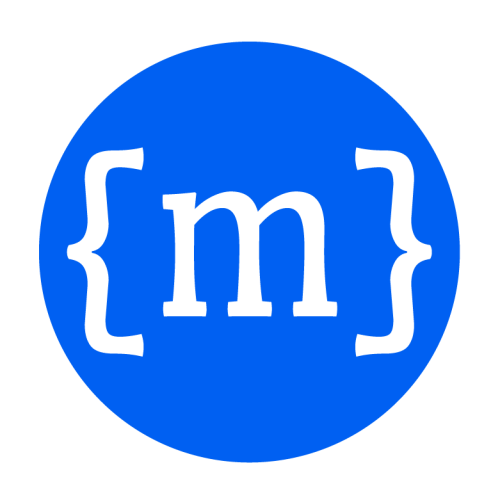Creating and Using Cloud Values
This tutorial is from the MBrace Starter Kit.
You now learn how to upload data to cloud storage using CloudValue and then process it using MBrace cloud tasks.
When using MBrace, data is implicitly uploaded if it is part of the closure of a cloud workflow - for example, if a value is referenced in a cloud { ... } block. That data is a transient part of the process specification. This is often the most convenient way to get small amounts (KB-MB) of data to the cloud: just use the data as part of a cloud workflow and run that work in the cloud.
If you wish to persist data in the cloud - for example, if it is too big to upload multiple times - then you can use one or more of the cloud data constructs that MBrace provides.
Note you can alternatively use any existing cloud storage APIs or SDKs you already have access to.
If using Azure, you can copy larger data to Azure using the AzCopy.exe command line tool, see Transfer data with the AzCopy Command-Line Utility. You can manage storage using the "azure" command line tool, see Install the Azure CLI Also, if you wish you can read/write using the .NET Azure storage SDKs directly rather than using MBrace primitives.
Here's some data (~1.0MB)
1:
|
|
Generate the data, upload to blob storage and return a handle to the stored data
1: 2: 3: 4: 5: 6: |
|
Run a cloud job which reads the blob and processes the data
1: 2: 3: 4: |
|
Summary
In this tutorial, you've learned how to store values in cloud storage. Continue with further samples to learn more about the MBrace programming model.
Note, you can use the above techniques from both scripts and compiled projects. To see the components referenced by this script, see ThespianCluster.fsx or AzureCluster.fsx.
Full name: 6-using-cloud-values.cluster
Full name: Config.GetCluster
Gets or creates a new Thespian cluster session.
Full name: 6-using-cloud-values.mkData
type String =
new : value:char -> string + 7 overloads
member Chars : int -> char
member Clone : unit -> obj
member CompareTo : value:obj -> int + 1 overload
member Contains : value:string -> bool
member CopyTo : sourceIndex:int * destination:char[] * destinationIndex:int * count:int -> unit
member EndsWith : value:string -> bool + 2 overloads
member Equals : obj:obj -> bool + 2 overloads
member GetEnumerator : unit -> CharEnumerator
member GetHashCode : unit -> int
...
Full name: System.String
--------------------
String(value: nativeptr<char>) : unit
String(value: nativeptr<sbyte>) : unit
String(value: char []) : unit
String(c: char, count: int) : unit
String(value: nativeptr<char>, startIndex: int, length: int) : unit
String(value: nativeptr<sbyte>, startIndex: int, length: int) : unit
String(value: char [], startIndex: int, length: int) : unit
String(value: nativeptr<sbyte>, startIndex: int, length: int, enc: Text.Encoding) : unit
Full name: Microsoft.FSharp.Core.String.replicate
Full name: 6-using-cloud-values.persistedCloudData
Full name: 6-using-cloud-values.lengthOfData

